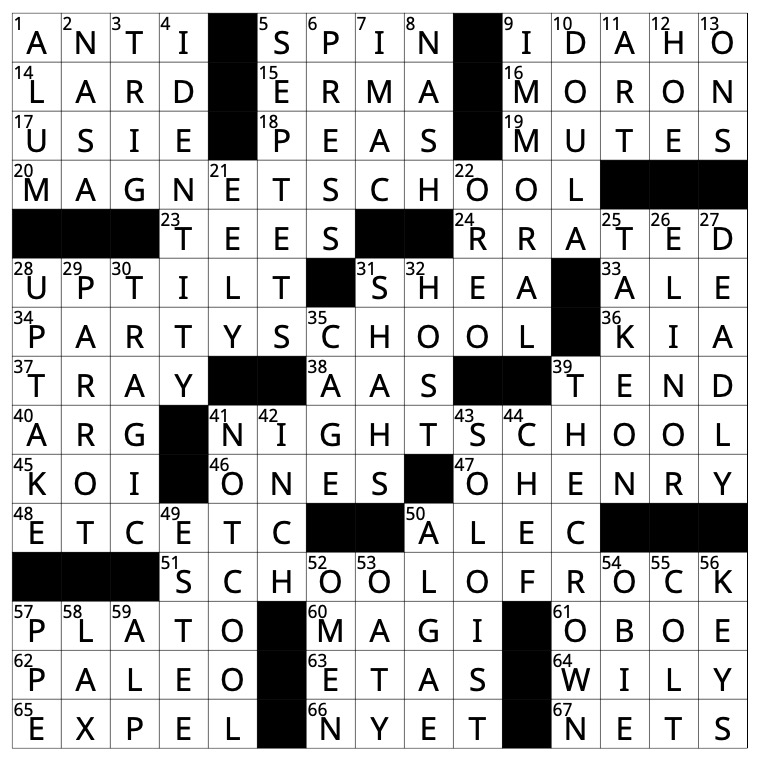By Claire Lew
During one of the Asian-American Culture Clubâs meetings at the end of last school year, a grade representative stood in front of the white board in Chalmers 310 with a marker in hand.
âWho would you want to speak at an Asian assembly?â she yelled. Members immediately shouted names of popular entertainers.
âJet Li!â âMargaret Cho!â âBobby Lee!â
Faculty representatives instead chose eminent ethnic studies professor Ronald Takaki to speak at the first Asian Pacific Heritage Assembly March 26.
Talks of an assembly began last April when English teacher and AACC faculty representative Stephanie Yoo saw that the Asian-American community did not have an assembly like other groups on campus, despite being the largest ethnic minority. The assemblyâs goal would be to awaken recognition of Asian-American roles in the context of American society by having prominent Asian-American speakers address issues like political and cultural struggles, stereotypes and media portrayals, club president Andy Kim â07 said.
Takakiâs lecture will focus on the history and influence of Asian-Americans in American society. Takaki, whom Yoo called the âfather of Asian-American historyâ in the United States, is professor of Ethnic Studies at University of California, Berkeley. He has written several award-winning books and has lectured around the world. He will speak at both campuses.
âWe settled on him because weâre a school and heâs an academic. Heâs been called on 20/20 and Nightline as an expert in multicultural relationship,â Yoo said. âWeâre very fortunate to have somebody of his caliber.â
There had not been an Asian assembly previously because âit was never brought to the attention of the faculty and staff â Kim said.
Yoo called it a âstudent responsibility.â
In collaboration with the school orchestra, students will play Korean drums at the assembly.
Orchestra members who wish to participate will practice under the leadership of Dennis Cho â09, who heads the Korean drum project undertaken by the orchestra.
The club also hosted a speaker for members during its first official meeting of the year Oct. 9, initiating its attempt to spread awareness of Asian-American presence in America before the spring assembly. J.P. De Guzman from the UCLA Asian-American cultural society spoke to students and faculty about Asian-American experiences in school and in media and showed a short video clip of different Asian cultures.
âAssemblies like this are very important because they expose students to different ways of thinking, different people, different ideas that they normally would not find in their own lives or classes [and] exposure to difference is always positive,â Yoo said.
Her motive for the assembly is to spread awareness of the role Asian-Americans have played in the history of America. âItâs our chance; an opportunity for us to not be the silent, invisible minority but a minority that has a presence,â she said.































